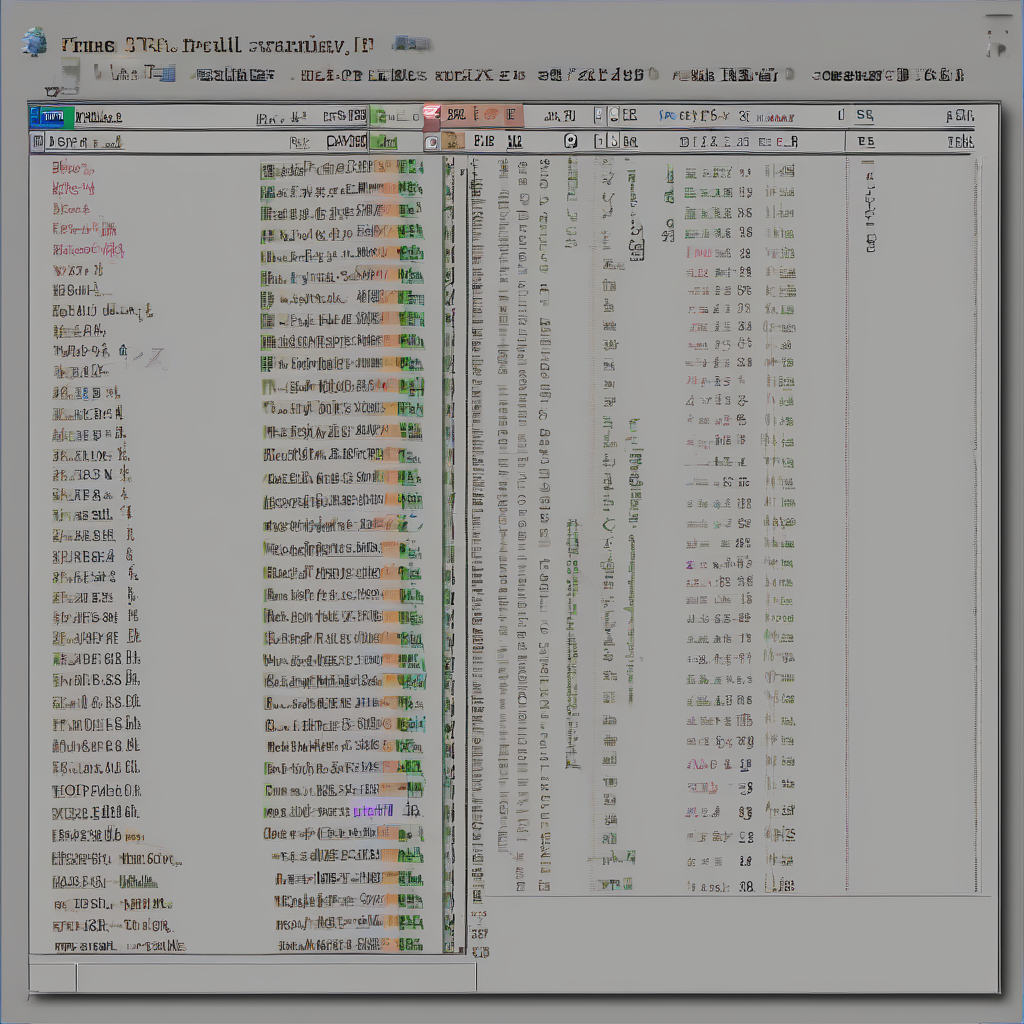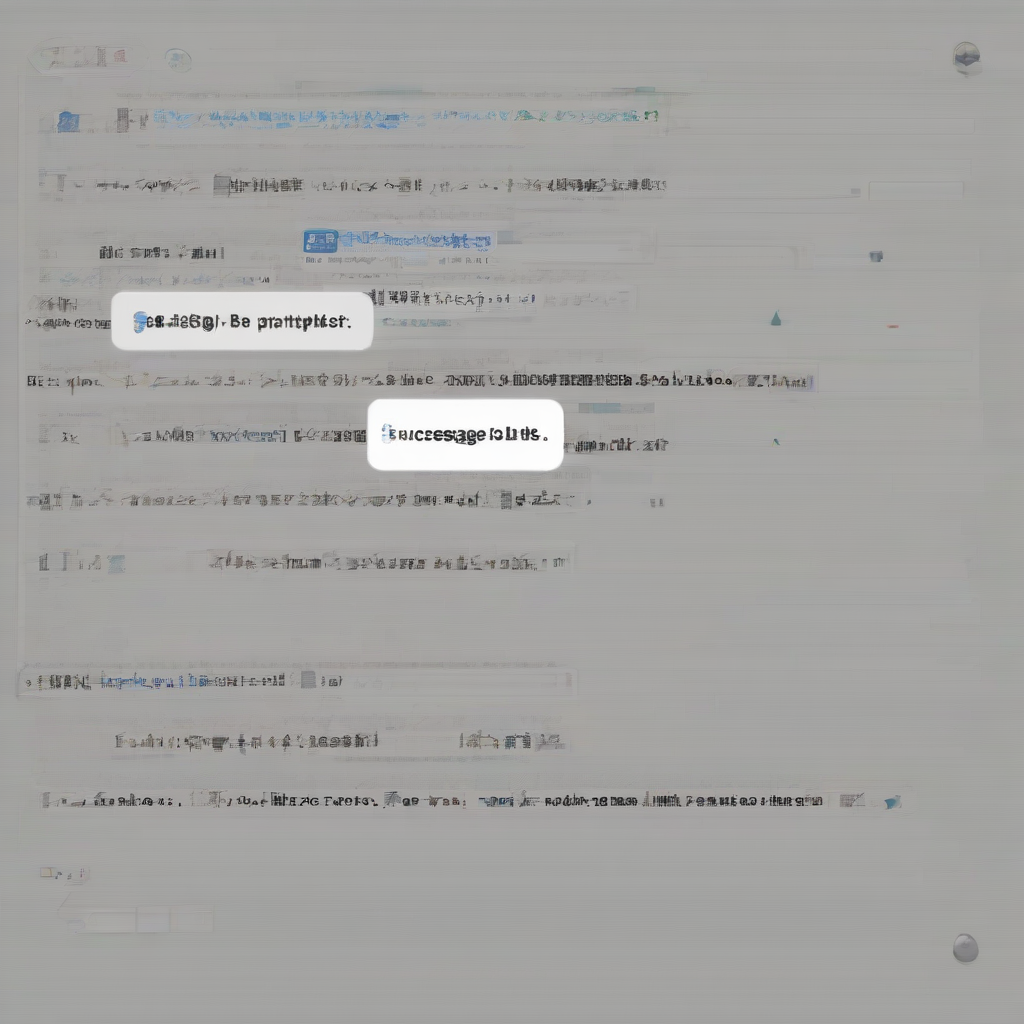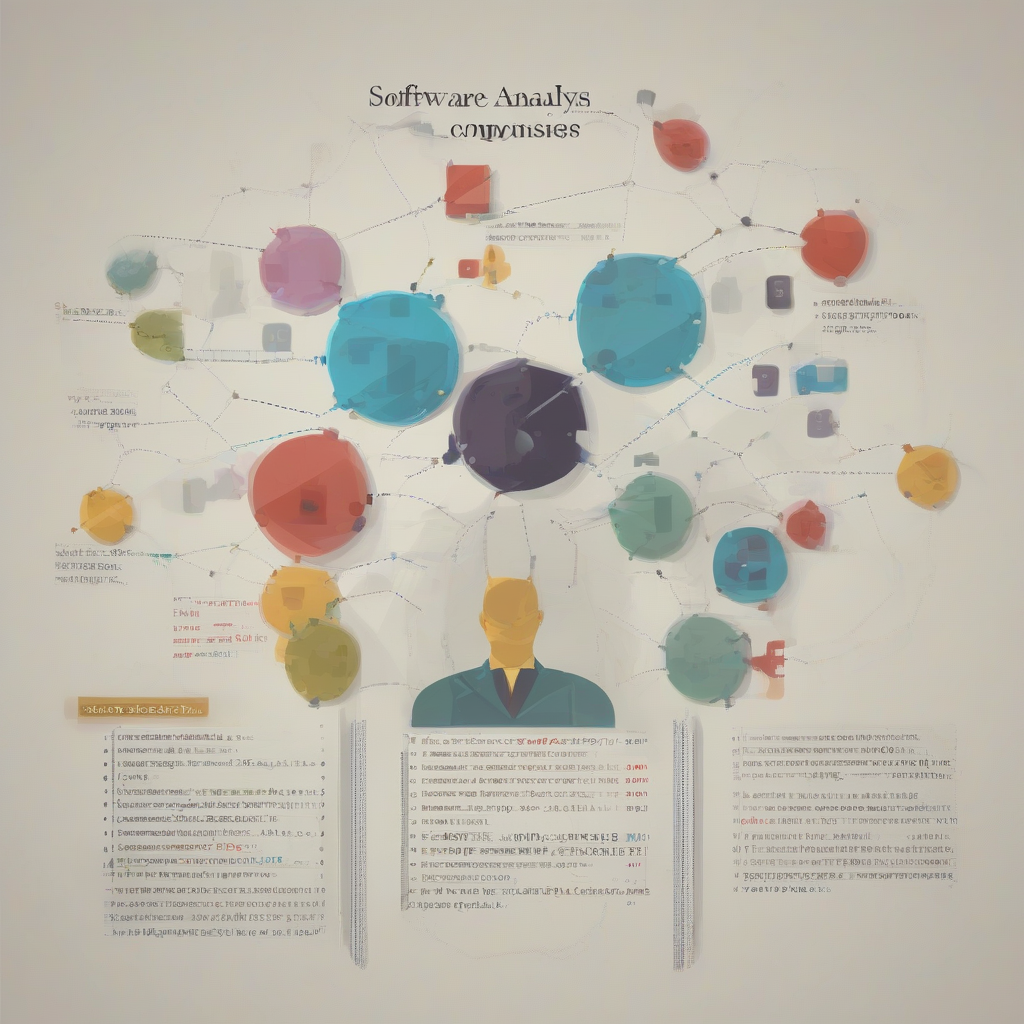The Indispensable Role of a Software Quality Analyst: A Deep Dive
In today’s technologically driven world, software permeates nearly every aspect of our lives. From the applications on our smartphones to the complex systems powering global enterprises, software quality is paramount. Ensuring this quality is the critical responsibility of the Software Quality Analyst (SQA).
This role extends far beyond simple bug detection. A proficient SQA is a multifaceted professional, combining technical expertise with analytical skills, communication prowess, and a deep understanding of software development lifecycles. They are the guardians of quality, ensuring that software meets the specified requirements, functions flawlessly, and delivers a positive user experience.
Core Responsibilities of a Software Quality Analyst
- Requirement Analysis and Test Planning: SQAs actively participate in the early stages of software development, reviewing requirements documents to identify potential ambiguities, inconsistencies, or gaps. This proactive approach prevents costly rework later in the development process. They then translate these requirements into comprehensive test plans, outlining the scope, objectives, and methodology of testing.
- Test Case Design and Development: This crucial phase involves creating detailed test cases that cover various aspects of the software, including functionality, usability, performance, security, and compatibility. Effective test cases are meticulously designed to uncover defects efficiently and thoroughly. SQAs employ various testing techniques, including black-box testing, white-box testing, and grey-box testing, to achieve comprehensive coverage.
- Test Execution and Defect Reporting: SQAs execute the designed test cases, meticulously documenting the results. They utilize various testing tools and environments to simulate real-world scenarios and identify defects. Crucially, they document each defect clearly and concisely, providing detailed steps to reproduce the issue, the expected behavior, and the actual behavior observed. This ensures developers have the necessary information to resolve the issue efficiently.
- Defect Tracking and Management: SQAs are actively involved in tracking defects throughout their lifecycle. They monitor the status of reported defects, ensuring they are assigned, addressed, and resolved effectively. They collaborate closely with developers and project managers to prioritize and resolve defects based on their severity and impact.
- Test Automation: Many SQAs possess skills in test automation, using tools to automate repetitive testing tasks. This significantly improves testing efficiency and reduces the risk of human error. Automating tests also allows for more frequent and thorough testing, ensuring high software quality.
- Performance Testing: Ensuring the software performs optimally under various conditions is vital. SQAs conduct performance testing to evaluate aspects such as response time, scalability, and stability. This involves utilizing specialized performance testing tools and methodologies to identify and address performance bottlenecks.
- Security Testing: In today’s security-conscious environment, robust security testing is critical. SQAs perform security testing to identify vulnerabilities and ensure the software is protected against various threats. This involves assessing the software’s resilience against common attacks and employing various security testing techniques.
- Usability Testing: A positive user experience is crucial for software success. SQAs participate in usability testing, gathering feedback on the software’s ease of use, intuitiveness, and overall user satisfaction. This involves observing users interacting with the software and identifying areas for improvement.
- Collaboration and Communication: Effective communication is the cornerstone of successful software development. SQAs collaborate extensively with developers, project managers, and other stakeholders, providing regular updates on testing progress, identified defects, and overall software quality. They articulate complex technical information clearly and concisely to both technical and non-technical audiences.
- Continuous Improvement: SQAs are constantly striving to improve the testing process and enhance software quality. They analyze testing data to identify areas for improvement, propose enhancements to testing methodologies, and advocate for best practices to ensure ongoing quality enhancement.
Skills and Qualities of a Successful Software Quality Analyst
- Technical Skills: A strong understanding of software development principles, programming languages (e.g., Java, Python, C#), databases, and operating systems is essential. Proficiency in various testing tools and methodologies is also crucial.
- Analytical Skills: SQAs must possess strong analytical skills to identify patterns, analyze data, and draw conclusions from testing results. They need to be able to think critically and solve problems effectively.
- Communication Skills: Excellent communication skills are paramount, as SQAs need to effectively communicate with developers, project managers, and other stakeholders. They must be able to articulate complex technical information clearly and concisely.
- Problem-Solving Skills: SQAs are constantly faced with challenges and need to be able to identify and solve problems effectively. They must be able to think creatively and come up with solutions to complex issues.
- Attention to Detail: Meticulous attention to detail is crucial for ensuring accurate testing and reporting. Overlooking even small details can lead to significant defects in the software.
- Time Management Skills: SQAs often work under pressure and need to be able to manage their time effectively to meet deadlines.
- Teamwork Skills: Collaboration is essential in software development. SQAs need to work effectively with other team members to ensure the overall success of the project.
- Adaptability: The software development landscape is constantly evolving. SQAs need to be adaptable and learn new technologies and methodologies quickly.
Different Types of Software Quality Analysts
- Manual Testers: These SQAs perform testing manually, without the aid of automation tools. They are crucial for exploratory testing and usability testing.
- Automation Testers: These SQAs specialize in automating testing processes, using various tools and scripting languages to create automated test suites.
- Performance Testers: These SQAs focus on performance testing, ensuring the software performs optimally under various conditions.
- Security Testers: These SQAs specialize in identifying security vulnerabilities in the software.
- Usability Testers: These SQAs focus on ensuring the software is easy to use and provides a positive user experience.
The Software Development Lifecycle (SDLC) and the SQA’s Role
The SQA’s role is integrated throughout the SDLC, which typically involves several phases:
- Requirements Gathering: SQAs participate in reviewing and clarifying requirements, identifying potential issues early on.
- Design: SQAs review the design documents to identify potential testability issues.
- Development: SQAs work closely with developers, providing feedback and ensuring quality throughout the development process.
- Testing: This is the core phase where SQAs execute various types of testing to identify defects.
- Deployment: SQAs may participate in the deployment process, ensuring a smooth transition to production.
- Maintenance: SQAs may be involved in testing bug fixes and updates after the software has been deployed.
Tools Used by Software Quality Analysts
SQAs utilize a wide array of tools to perform their tasks efficiently and effectively. These tools encompass various categories:
- Test Management Tools: These tools help manage test cases, track defects, and generate reports (e.g., Jira, TestRail).
- Test Automation Tools: These tools automate repetitive testing tasks (e.g., Selenium, Appium, Cypress).
- Performance Testing Tools: These tools evaluate software performance under various conditions (e.g., JMeter, LoadRunner).
- Security Testing Tools: These tools identify security vulnerabilities (e.g., Burp Suite, OWASP ZAP).
- Defect Tracking Tools: These tools track and manage defects throughout their lifecycle (e.g., Jira, Bugzilla).
The Future of Software Quality Analysis
The field of software quality analysis is constantly evolving. Several trends are shaping the future of this profession:
- Increased Automation: Automation is becoming increasingly prevalent, requiring SQAs to develop expertise in automation tools and techniques.
- AI and Machine Learning: AI and ML are being integrated into testing processes, automating tasks and improving test coverage.
- DevOps and Agile Methodologies: The adoption of DevOps and Agile methodologies necessitates SQAs to adapt to faster release cycles and increased collaboration.
- Shift-Left Testing: There’s a growing emphasis on shifting testing earlier in the SDLC, requiring SQAs to be involved in the early stages of development.
- Cloud-Based Testing: Cloud computing is transforming testing practices, allowing for increased scalability and flexibility.
Conclusion (Omitted as per instructions)




